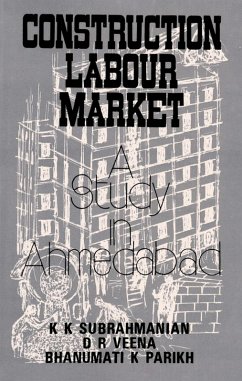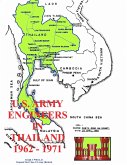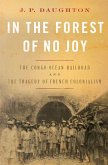The present work deals with the census in India, which is one of the codest activities of the Indian Government as also its single largest administrative exercise. Though the census is in existence for more than one hundred years, the present is the first study of its kind. The work traces the beginning of censusing under the British rule and describes, briefly but vividly, the earlier experience-gathering exercises in headcounting before the launching of the first all-lndia census in 1881. The first-ever general census is discussed in some detail capturing the contemporary people's perception to this novel and mystery-clad operation. The work examines the role and responsibilities of the census chief executive as also the sprawling field organisation under him with its penetration into the remotest hamlet. While Great Britain discontinued its census in 1941, India conducted it despite its being in the Second World War. This fascinating story is discussed in the work. With political awakening in the country, the census lent itself to linguistic, caste and religious manipulations and these issues are soberly discussed with all the policy implications. Equally analytical is the treatment accorded to the most exotic social institution of India, namely caste. Originally a phoenix organisation, how census got a permanent organisational base is examined in sufficient detail. Developments in census since Independence (1947) are discussed in the last chapter. The work is comprehensive in its coverage and the style is lucid and interesting. Its academic constituency is public administration, political science, sociology and history. The general reader would find it equally useful.
Dieser Download kann aus rechtlichen Gründen nur mit Rechnungsadresse in A, B, BG, CY, CZ, D, DK, EW, E, FIN, F, GR, HR, H, IRL, I, LT, L, LR, M, NL, PL, P, R, S, SLO, SK ausgeliefert werden.









